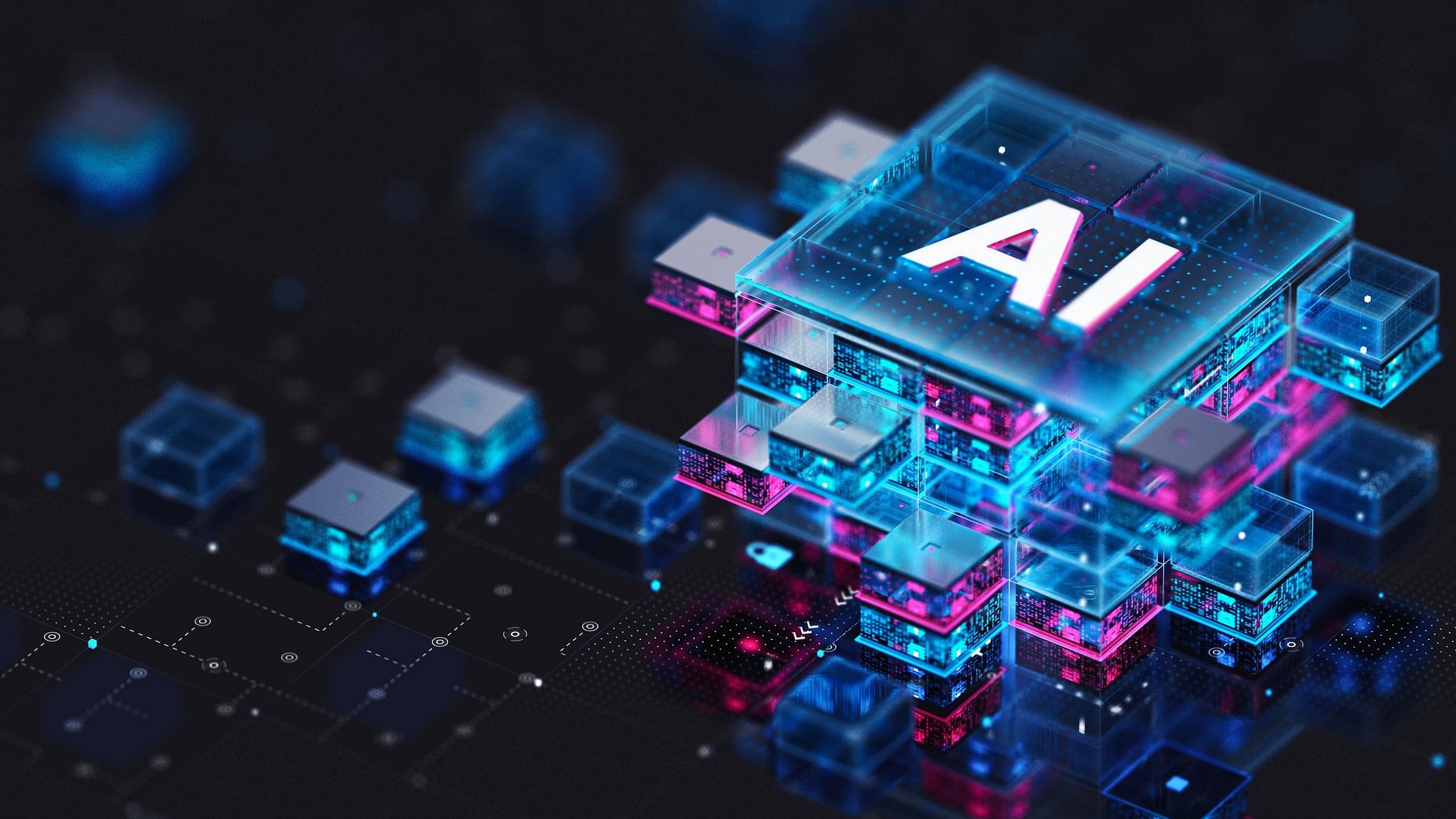
Representative image of AI.
Credit: iStock Photo
Meeting the rising infrastructure requirements of the artificial intelligence (AI) arena and increasing AI-readiness are some of the biggest issues faced by developing countries intent on leveraging sophisticated AI technologies to fast-track the realisation of their growth and development aspirations.
For instance, nothing better exemplifies the magnitude of the challenge faced by India on the infrastructure front regarding AI than what Reliance Industries chairman Mukesh Ambani had said on the subject at RIL’s 46th annual general meeting in 2023. Ambani pointed out then that while India has the scale, data, and talent, there is also a need for “digital infrastructure in India that can handle AI’s immense computational demands”.
As per an International Energy Agency (IEA) report, electricity consumption from data centres, AI, and the cryptocurrency sector could double by 2026. “After globally consuming an estimated 460 terawatt-hours (TWh) in 2022, data centres’ total electricity consumption could reach more than 1000 TWh in 2026. This demand is roughly equivalent to the electricity consumption of Japan,” the IEA report said.
A recently released assessment of 174 economies conducted by the International Monetary Fund (IMF) has underlined the huge task ahead for several countries that make up the Global South in relation to their AI-preparedness. As per the IMF’s AI Preparedness Index, India was at 0.49 and most of the African nations fell in the 0.2-0.4 range. While the People’s Republic of China was at 0.64, the United States was at 0.77.
The Global IndiaAI Summit to be held in New Delhi on July 3-4 being able to come up with actionable solutions on the issues of AI readiness and infrastructure could, thus, be a huge positive, ensuring that the benefits of AI are more rapidly felt by average citizens in developing countries, including India. Most of the world’s people reside in developing countries. With over 1.4 billion citizens, India accounts for almost 18% of the global population.
Being hosted by the Union Ministry of Electronics and Information Technology, the Global IndiaAI Summit is slated to feature discussions on a range of topics which include compute capacity, foundational models, datasets, application development, skills of the future, financing of AI startups, and making AI safe for all.
In keeping with its vision of ‘Making AI in India’ and ‘Making AI work for India’, the government had in March approved the IndiaAI Mission with a budget outlay of Rs 10,371.92 crore. The IndiaAI Mission aims to establish a comprehensive ecosystem to promote AI innovations.
As per a Hurun Research Institute report released on June 20, India is likely to see the rise of 11 unicorns in the AI space over the next five years. As of now, India, which has been one of the biggest advocates of AI being used responsibly, does not have any specific AI-related regulatory/governance framework.
(Sumali Moitra is a current affairs commentator.)
Disclaimer: The views expressed above are the author's own. They do not necessarily reflect the views of DH.